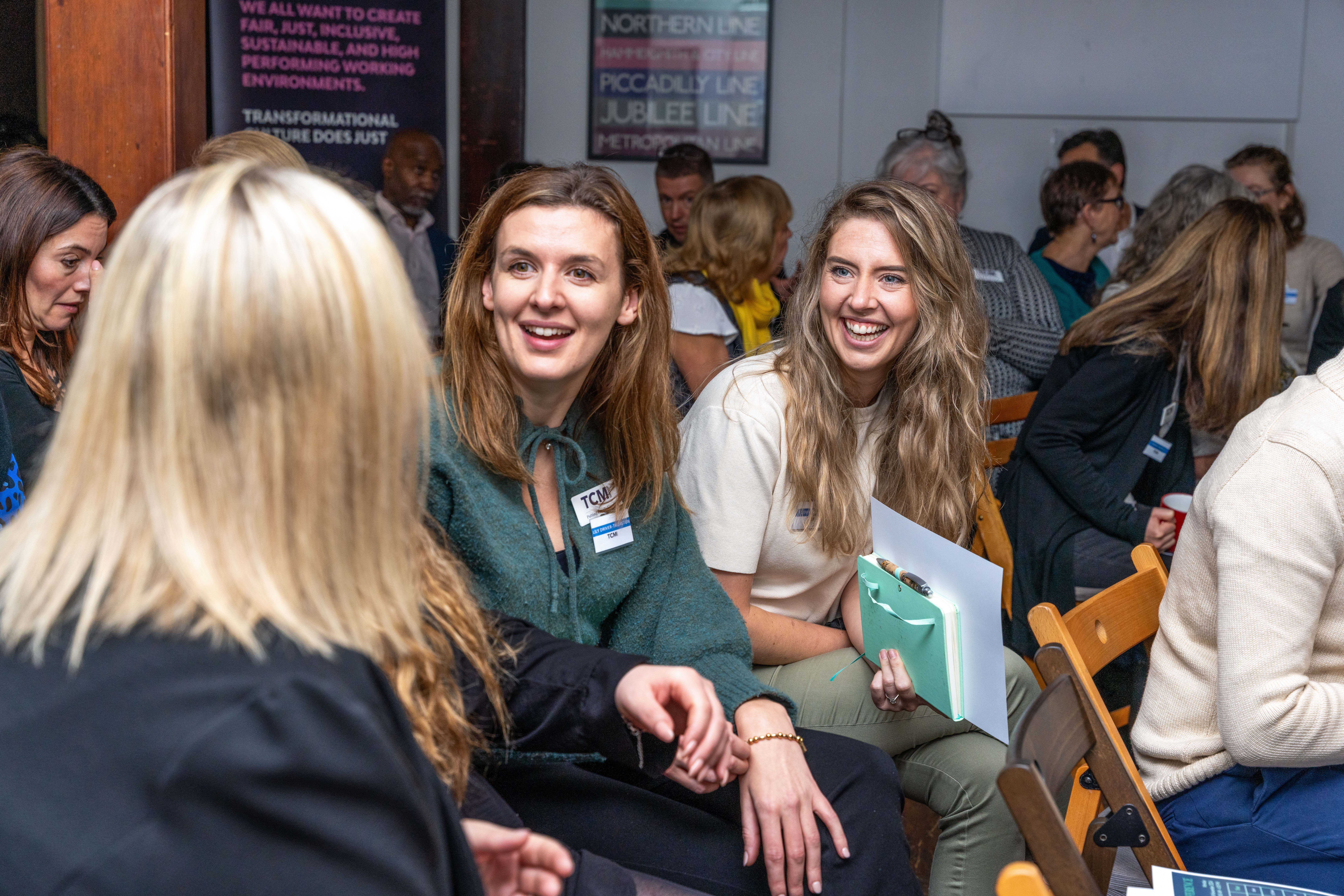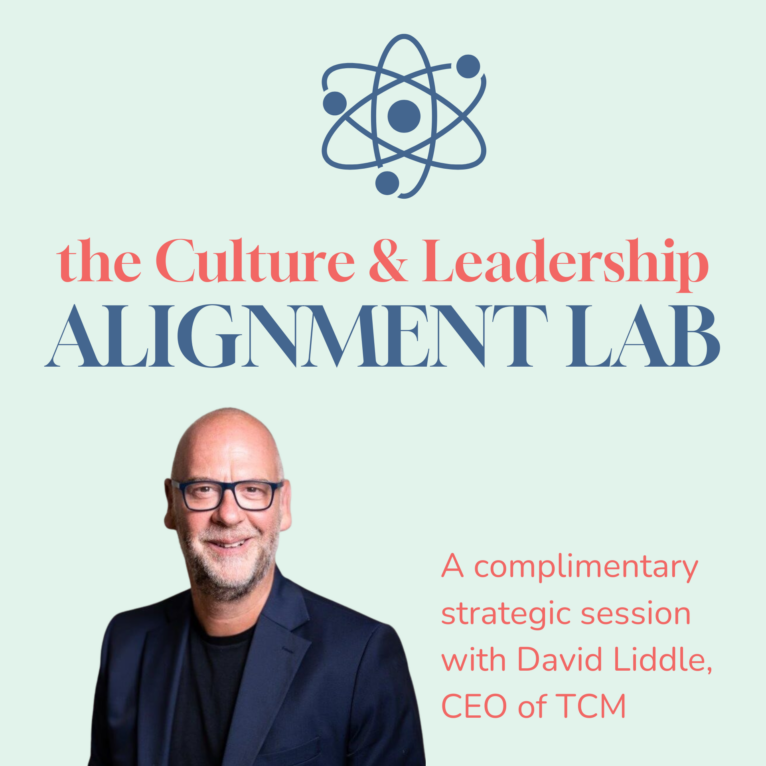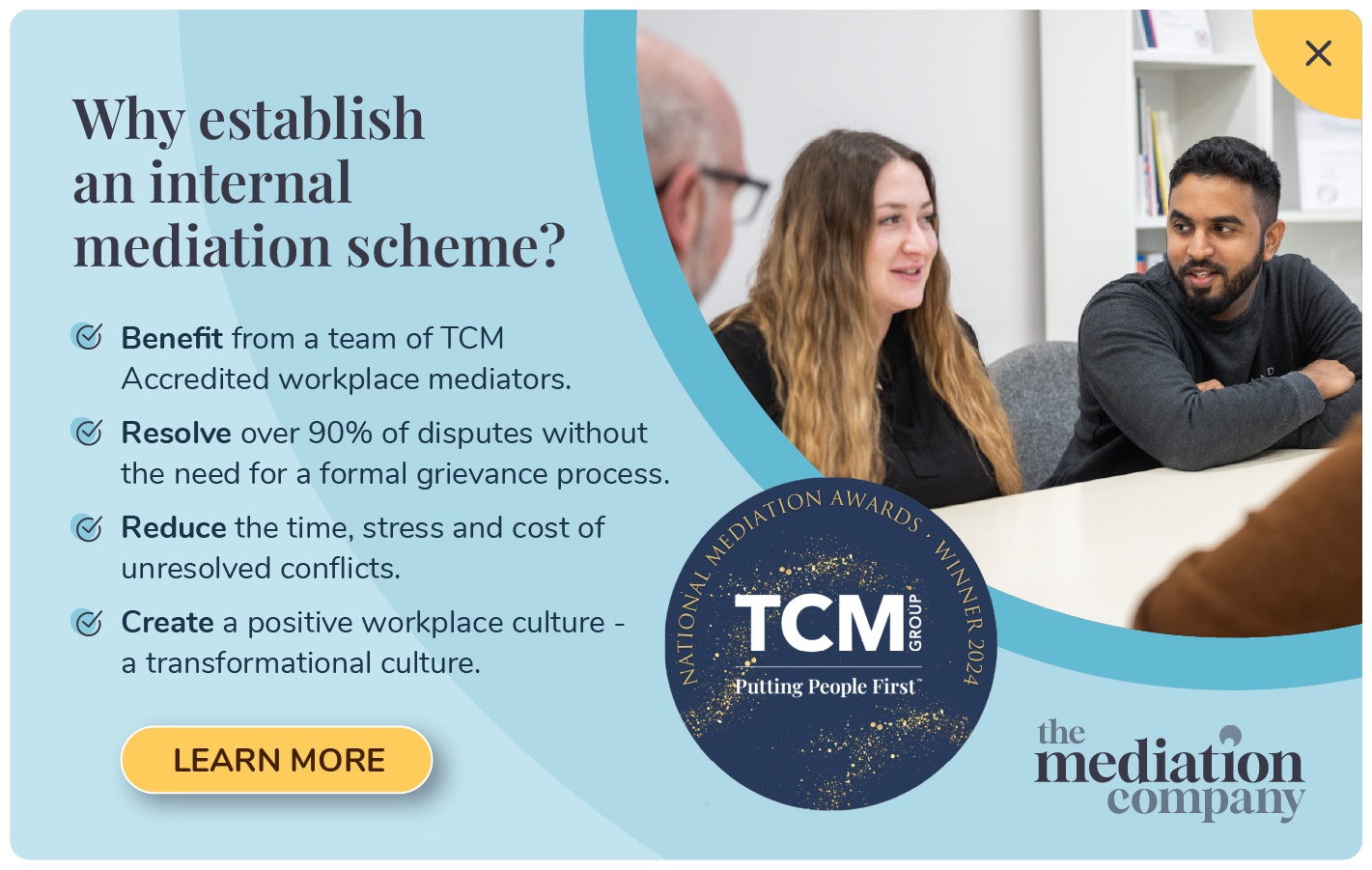
Share article:
Tags:
Talking is one of our natural, therapeutic tendencies as human beings. It’s recommended by experts after crises, big or small. A trouble shared is a trouble halved. But too often, when faced with a problem, we take the retributive route. Throughout civilisation, punishment has existed to cause injury to those that have injured society, neutralising the effect of wrongdoing. In modern society, is this reaction proportionate or does it perpetuate?
According to psychology studies, conversation is hardwired into us. First, it shows that we are being active, not passive, and reaching out for a connection. We feel like we’re “doing” something. Secondly, it’s about listening: by hearing ourselves, we can adjust our thoughts and feelings. It can lead us to getting help. Lastly, talking acts as a lesson. It teaches us that by verbally sharing our thoughts and feelings, it makes them less ominous than they seem in our heads.
Let’s imagine a scenario. An employee, Sarah, feels that she is being bullied at work by her colleague, Jill. She has confided in a member of senior management.
Retribution
The accused is sentenced to litigation procedures, sent on leave and eventually fired. The crime is avenged. Sarah continues to work at the organisation, feeling a great sense of relief. Her productivity rises and absence lowers, showing visible signs of improvement across the board. The bully has been removed.
Jill never quite understood her own behaviours or the allegation made. Due to the formal route taken, her voice was silenced and questions left unanswered. During her leave, she felt alienated. Since losing her job to protect company reputation, Jill has found it difficult to find new work. Her mental health has vastly deteriorated; she’s angry, upset and more alone than she was before. The cycle of bullying continues.
To the company, to Sarah, and to society at large, the punisher has been duly punished. Justice has been served and future crimes have been prevented thanks to the powers of retribution. But Jill, issues still masked, may go on to bully again.
Restoration
Jill and Sarah are asked to attend mediation. The process is facilitated by an external and objective third party, with both parties allowed uninterrupted speaking time to voice their issues in a single room. Sarah is able to speak to her bully and share her feelings. Jill is initially hostile and confrontational. As the meeting continues, Jill breaks down. It transpires that she faces significant stress from her home life and exposes past traumas. Both Jill and Sarah share many of the same feelings, but from different contexts. A mutual understanding is gained and a resolution is reached.
Sarah and Jill both return to work with a greater understanding of the importance of positive dialogue, collaboration and compassion. Sarah’s worries are eased and she no longer feels bullied. Jill, for the first time, feels like she has been listened to and understood. She agrees to undergo therapy to work through her personal issues. She was made to see that she was exhibiting negative behaviours – and now she won’t bully again.
Resolution
One careful conversation could lead to much greater things. Secrets can be uncovered, trauma revealed and understanding shared. A connection between the unlikeliest of partners can even arise. Data suggests that people bully due to the following reasons:
- Stress and trauma
- Low self-esteem
- They’ve been bullied
- Difficult home life
- Low access to education
- Relationships
These are sad realities to live in. It’s proven that some simply do not possess the ability to respond positively to negative situations. Others have positive interactions due to support, education and lack of past trauma. It’s the great dichotomy of human nature.
Should we listen and understand, or should we punish?
How would you wish to be treated?
















